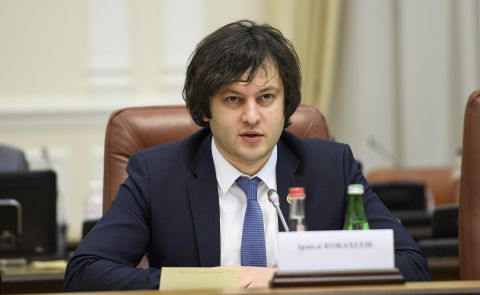
Nagorno-Karabakh: hostilities flare up again between Armenia and Azerbaijan
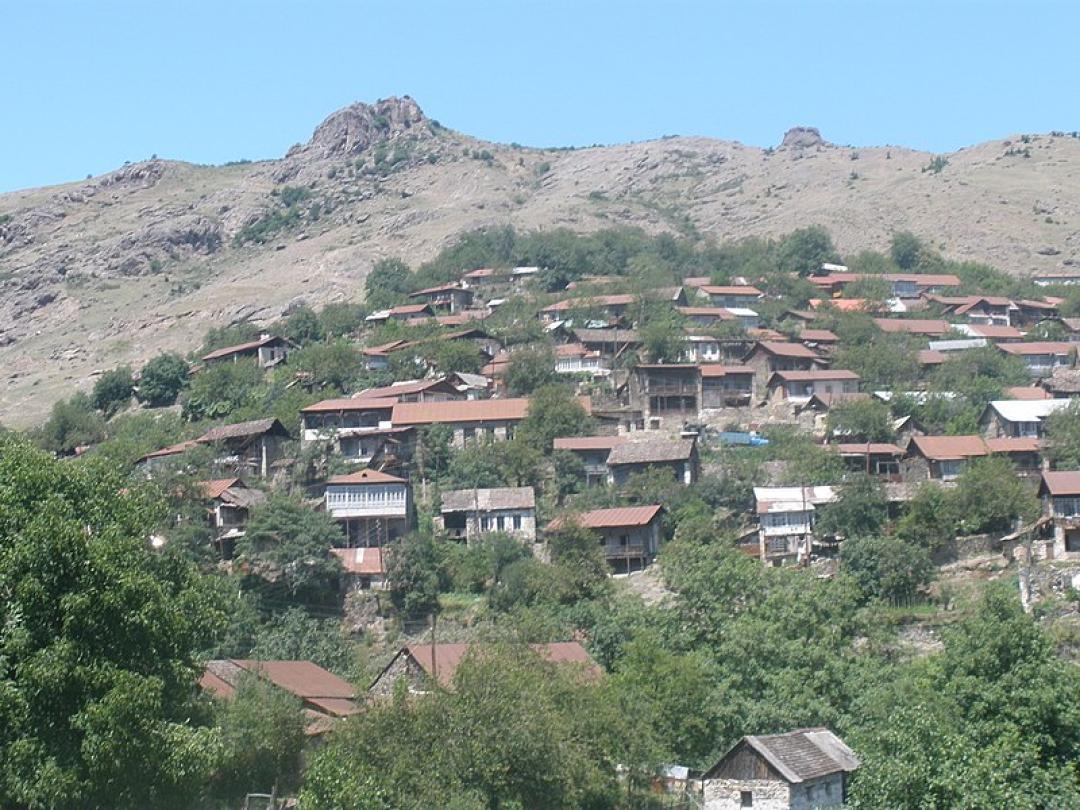
On 13 December, Armenia’s Foreign Ministry reported that on 11 December the special forces of the Azerbaijani armed forces launched an attack in the area of Hin Taghlar and Khtsaberd villages of the Hadrut region where the Russian peacekeepers were not deployed.
“Azerbaijani forces continued their provocative actions on December 13 in the direction of the settlements of Mets Shen and Khin Shen. The Azerbaijani side carried out this provocation during the visit of the OSCE Minsk Group co-chairs to the region. It is a challenge against [their] efforts. In the light of such actions of official Baku, the de-occupation of the territories of Karabakh and the return of the Karabakh Armenians to their places of residence become even more obligatory,” the statement emphasised.
According to Armenia’s Defence Ministry, the Azerbaijani army used heavy artillery to capture one of those villages and approach the other. Three Armenian soldiers were wounded while thwarting an Azerbaijani attempt to attack one of its frontline positions late on 11 December. It denied Azerbaijani media reports saying that Armenian forces resorted to an “armed provocation” in Hadrut that left one Azerbaijani soldier wounded.
The Azerbaijani MFA replied by urging Armenia to strictly adhere to the trilateral peace statement from 9 November. “In recent days, the State Security Service of the Republic of Azerbaijan has been conducting an anti-terrorist operation against the terrorist and sabotage actions of the Armenian armed forces remaining in the forest area around Hadrut settlement of Khojavend region of Azerbaijan. These territories were recently liberated from long-term Armenian occupation by the Armed Forces of the Republic of Azerbaijan,” the statement emphasised. The ministry noted that official Yerevan's claims against Azerbaijan are baseless and unacceptable and thus, the provocative activity was committed by the remnants of the Armenian armed forces.
The Azerbaijani Defence Ministry and State Security Service also issued a statement following the incident. “After the signing of the statement of the Presidents of Azerbaijan, the Russian Federation and the Prime Minister of Armenia on November 10, part of the Armenian armed forces remained in the forest zone in the North-Western part of the village of Hadrut in the Khojavend region of Azerbaijan. Referring to official circles, the Armenian media reported that these soldiers “got lost“ in the forest. The Armenian side appealed to the command of the Russian Federation's peacekeeping forces to allow them to withdraw from this territory. The Azerbaijani side has created all conditions for the withdrawal of Armenian armed formations. Russian peacekeeping troops arrived in the area in difficult weather conditions and used a speakerphone to address the Armenian armed forces, informing them that the necessary measures had been taken to evacuate them from the area. In general, the Russian Federation's peacekeeping forces performed their duties responsibly and professionally to maintain the ceasefire and evacuate the so-called "missing" Armenian servicemen. However, these Armenian armed groups did not leave the area, but established combat positions and in recent days committed terrorist acts and acts of sabotage against Azerbaijani civilians and military personnel in the area,” the statement read.
The Russian peacekeepers extended their area of control in Karabakh following the clash. Following the arrival of peacekeepers to Hin Tagher and Khtsaberd, a new map was released by Russian authorities on 13 December showing Armenian-controlled territory extending to the south in a narrow strip of territory that included the two villages (in the previous version the two villages were under Azerbaijan’s control).
Armenian Prime Minister Nikol Pashinyan emphasised that after the incident some unresolved issues remain regarding the trilateral statement. He noted that the statement did not mention the Zangelan and Qubadli districts, since at the time of the signing of the document, over 90% of these territories were under the control of Azerbaijan. “During the negotiations, there was an understanding that a clarification of the border line should take place on this territory, which should be carried out within the next week. There are sensitive issues to us, and intensive negotiations are underway around their solution,” he said.
Pashinyan also said that many media outlets were trying to spin information about the recent clash in the two villages for political purposes. “Colossal streams of disinformation are involved, quite a significant part of them are controlled from abroad, and we cannot exclude their connection with foreign special services,” he said. He gave an example saying that from the morning news feed, one might get the impression that fighting was going on all night in Syunik region, but the truth is that the night in Syunik, as well as all nights after 9 November, passed calmly in military terms.
See Also

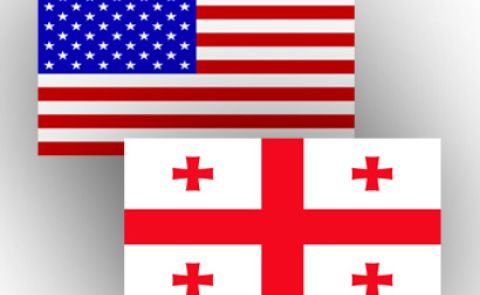
Kobakhidze Meets US Senator Daines to Discuss Bilateral Relations
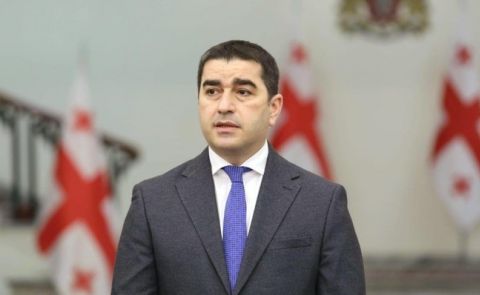
Georgian Speaker Condemns Embassy Travel Warnings as Economic Attack
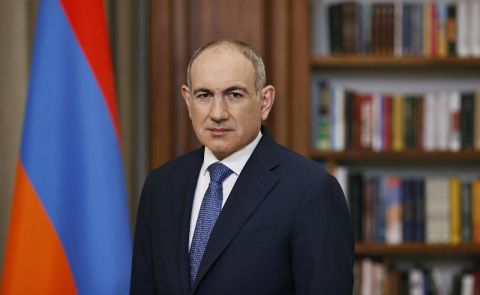
Political Crisis Deepens Between Armenian Government and Apostolic Church After Pashinyan’s Remarks
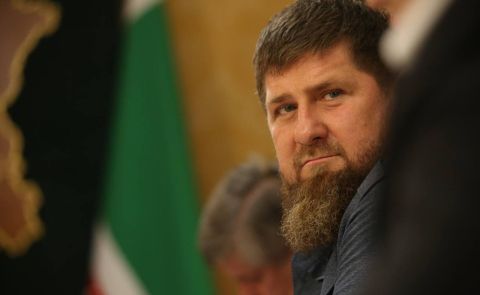
Ramzan Kadyrov Awards Title to Ingush Businessman

